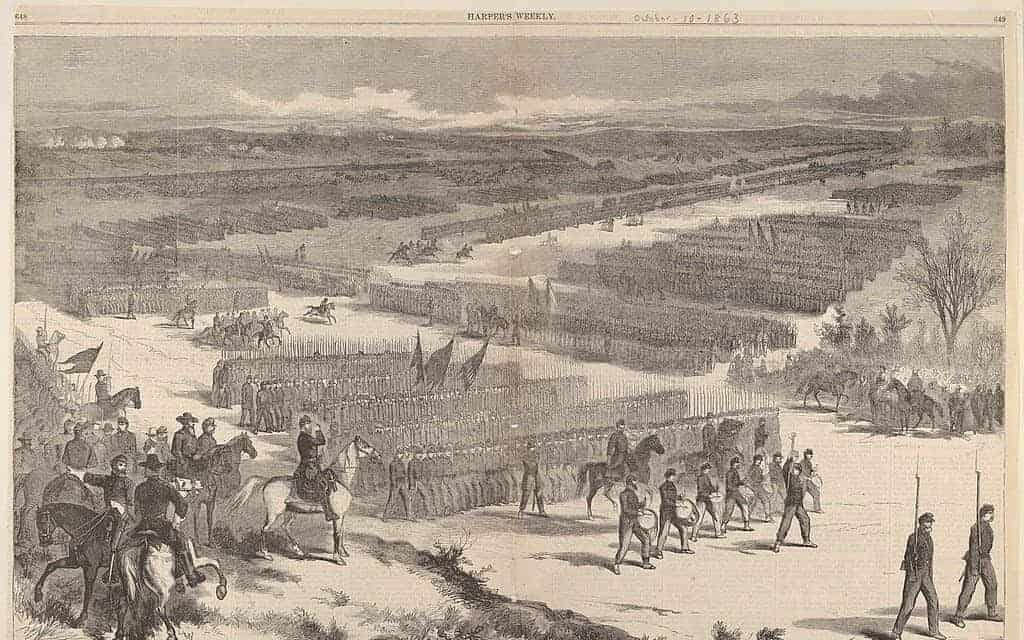
ADVERTISEMENT - CONTINUE READING BELOW
Joseph Plumb Martin
Joseph Plumb Martin served in the Continental Army for most of the Revolutionary War, his first tour of duty running from June to December, 1776. He returned to his Connecticut home in early 1777, but re-enlisted as a veteran in April of that year, serving through the end of the war. He participated in several of the major battles of the war, encamped with the Army through the winters at Valley Forge and the worse two at Morristown, and was present at the siege of Yorktown. Martin remained a private throughout the war and kept a diary, today one of the primary sources for historians to study life in the Continental Army.
After the war Martin returned to Connecticut and with his fellow veterans attempted to no avail to collect both his back pay and his promised pension. With no money and with little prospect of collecting any, Martin was forced to sell his land grant in the west, and after hearing of the availability of free land in Maine (then a part of Massachusetts), he and several other veterans of the Connecticut Line relocated there, establishing a community which they called Prospect. Martin eventually became a leading member of the community, including the Town Clerk, though he continued to farm on his land.
In the early 1790s Henry Knox purchased 600,000 acres of land in Maine from speculators, including the land upon which the community of Prospect stood. Knox, then the Secretary of War responsible for reviewing requests for pensions from Continental Army veterans, claimed that he owned Martin’s farm as well as that of Martin’s neighbors. Martin disputed Knox’s claim, and maintained he had the right to farm the one hundred acre tract. In 1797 Knox, having by then left the government and retired to Maine, prevailed in court and Martin was ordered to pay $170 to Knox. Martin did not have the cash (he had not received either his pension or his back pay) and wrote several letters to Knox requesting that he be allowed to keep his farm.
ADVERTISEMENT - CONTINUE READING BELOW
There is no record of Knox ever replying, but the area which Martin had in crops shrank to only 8 acres within a few years. Knox died in 1806 (from an infection caused by a chicken bone lodged in his throat) but Martin never recovered the land he had formerly claimed as his farm and by the time he petitioned for his pension following the passage of the Pension Act in 1818 he had nothing. When Martin’s application was reviewed in 1820 he testified that he had, “…no real nor personal estate, nor any income whatever, my necessary bedding and wearing apparel excepted.”
Martin finally received his pension for his seven years of service in the Continental Army that year, though it was not backdated and he never did receive the pay owed him for his time in the army. His pension was $96 (about $1,800) per year for the rest of his life. Martin realized that many other veterans were not as fortunate as he in receiving the pension and to help their cause he published his diary in the form of a narrative of the Revolutionary War. It did not sell well and was soon lost to history until its rediscovery in the 1950s. Martin died in Prospect, Maine in 1850.

